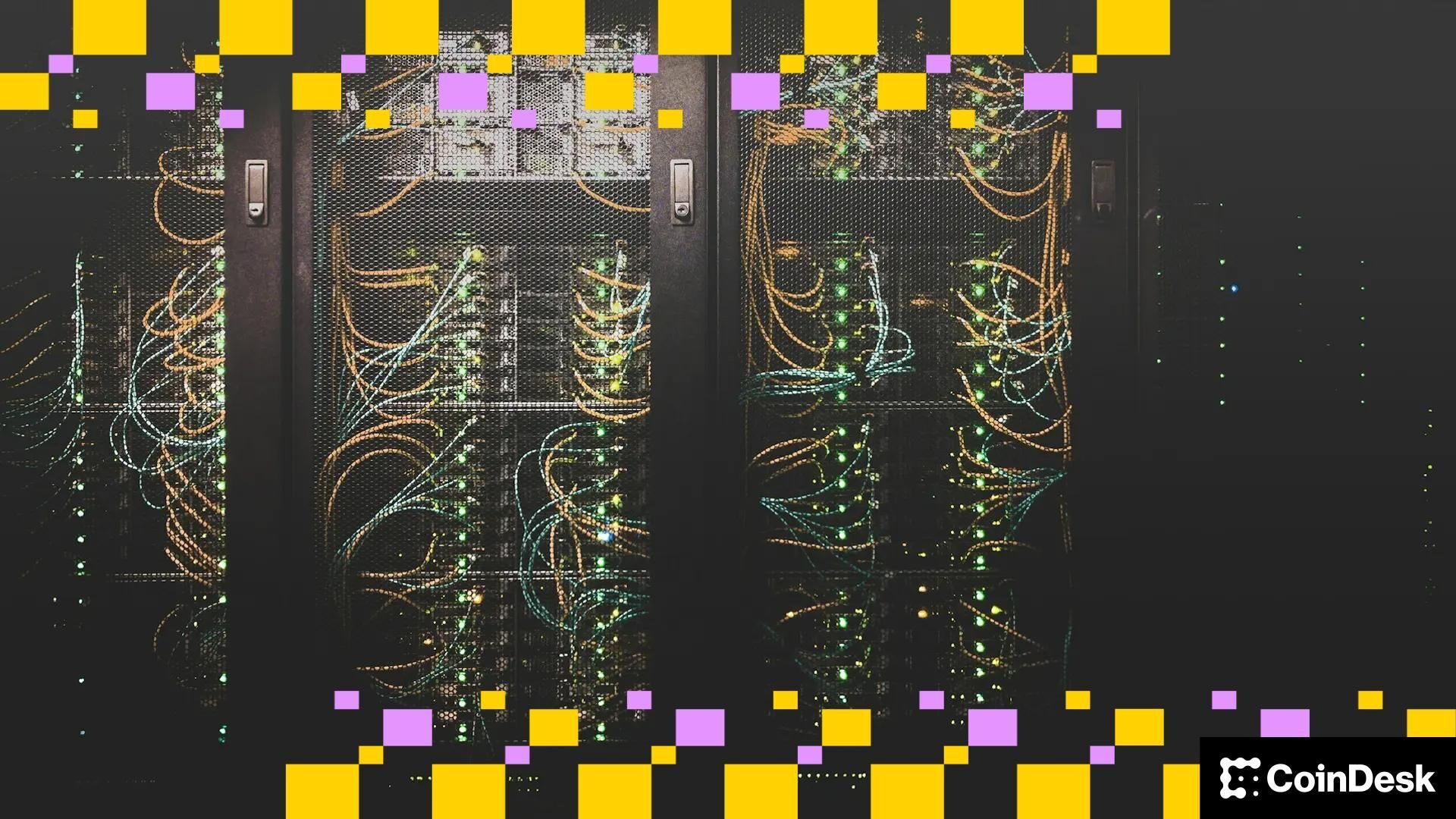The ban is part of an effort to manage electricity demand and ensure industrial development is powered by clean electricity.
By Francisco Rodrigues, AI Boost|Edited by Sheldon Reback
Oct 21, 2025, 8:11 a.m.

- The Canadian province of British Columbia plans to introduce a permanent ban on new cryptocurrency mining operations connecting to its electricity grid.
- The ban is part of a broader effort to manage electricity demand and ensure industrial development is powered by clean electricity, with BC Hydro no longer approving grid connections for new crypto mining operations.
- The province will also cap electricity availability for AI and data centers and introduce a competitive allocation process in January 2026.
British Columbia said it plans to permanently ban new cryptocurrency mining operations connecting to its electricity grid, citing the need to protect power supplies for industries that drive jobs and public revenue.
The move from the government of Canada’s third-most populous province is part of a broader legislative and regulatory overhaul unveiled Monday that also places new limits on electricity use by data centers and artificial intelligence (AI) companies.
STORY CONTINUES BELOW
“Government will also implement several regulatory and policy changes in fall 2025 that will … permanently ban new BC Hydro connections to the electricity grid for cryptocurrency mining to preserve the province’s electricity supply and avoid the overburdening of the electricity grid,” the government said in a post on its website
The province said the restrictions will help prevent grid strain and ensure industrial development is powered by clean electricity.
We’re seeing unprecedented demand from traditional and emerging industries,” Charlotte Mitha, the president and CEO of power utility BC Hydro, said in the web post. “The province’s strategy empowers BC Hydro to manage this growth responsibly, keeping our grid reliable and our energy future clean and affordable.”
Crypto mining operations often consume large amounts of electricity without creating many local jobs or tax revenue, according to the statement.
By contrast, projects like mines or liquefied natural gas (LNG) facilities are seen as more beneficial to the economy.
In addition to the crypto ban, the province will cap electricity availability for AI and data centers, while launching a competitive allocation process in January 2026.
Detailed regulations are set to roll out in November, with a competitive process to allocate electricity to AI and data centers scheduled for January 2026.
AI Disclaimer: Parts of this article were generated with the assistance from AI tools and reviewed by our editorial team to ensure accuracy and adherence to our standards. For more information, see CoinDesk’s full AI Policy.
More For You

Stablecoin payment volumes have grown to $19.4B year-to-date in 2025. OwlTing aims to capture this market by developing payment infrastructure that processes transactions in seconds for fractions of a cent.
More For You
By Sam Reynolds|Edited by Sheldon Reback
17 minutes ago

Fintech and crypto groups are urging the Consumer Financial Protection Bureau to stop banks charging for consumer data access, saying the move would undermine open banking and disconnect crypto wallets and stablecoins from the U.S. financial system.
What to know:
- A coalition of crypto, fintech, and retail groups is urging the U.S. consumer protection agency to maintain strong open banking rules to ensure consumer access to financial data.
- The coalition warns that big banks’ efforts to charge for data access could stifle innovation and competition in the financial industry.
- Weakening Rule 1033 could leave the U.S. behind other jurisdictions with established open-banking frameworks.











